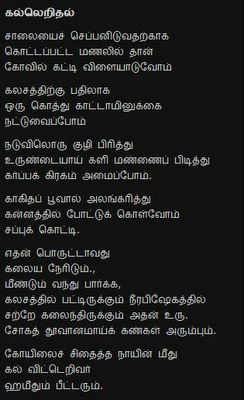continuation of previous post....
Carl Jung is also responsible for developing a personality topology that has become so popular that many people think that this is the only thing he did.
This topology begins with the distinction between introversion and extroversion. -Introverts are those people who prefer their internal world of thoughts, feelings, fantasies, and dreams, etc.
-Extroverts, on the other hand prefer the external world of things and people and activities.
Next, whether we are introverts or extroverts, we need to deal with world, inner and outer, and each of us has our preferable way of doing so. Jung says that there are four basic ways of doing this, four functions.
- The first is sensing, what he implies by this is getting information by means of the senses. Jung called this one of the irrational function, meaning that it involved perception rather than the judging of information.
- The second is thinking, this means evaluating ideas or information rationally. Jung called this a rational function because it involves decision making or judging, rather than the simple intake of information.
- Third is intuiting, this is a kind of perception that works outside of the usual conscious processes. It is irrational, but come from the integration of large amounts of information.
-Finally, is feeling, this is a matter of evaluating information by weighing one’s overall emotional response. This Jung calls rational.
Most of us only develop one or two of the functions, but Jung says that it should be our goal to develop all four as a way to transcend the opposite.
to be continued...
















